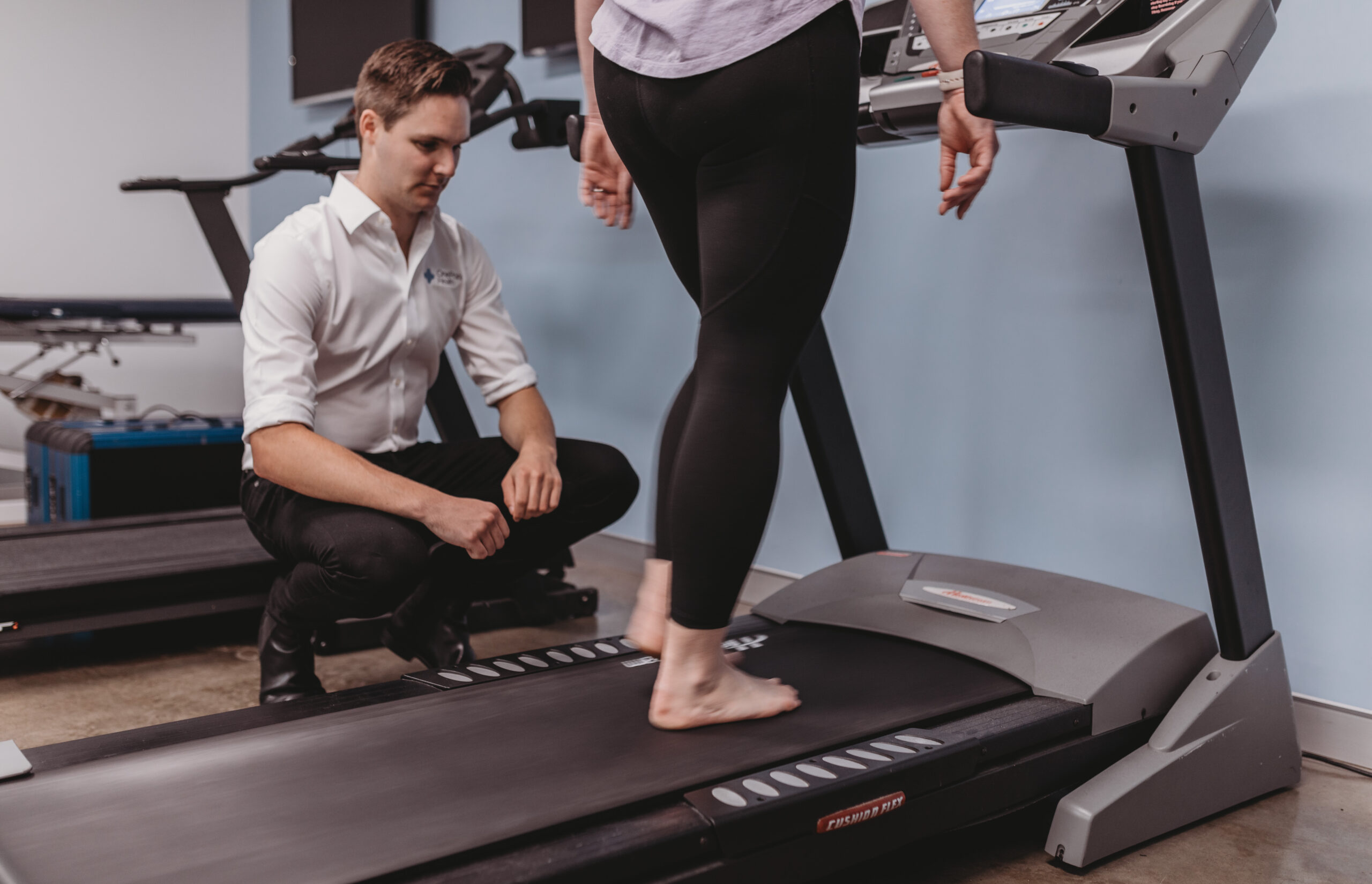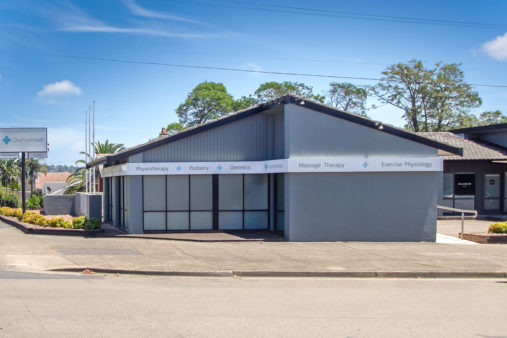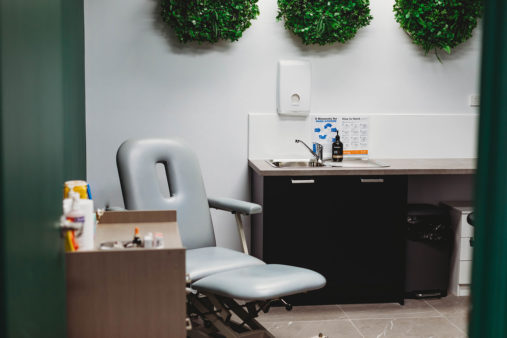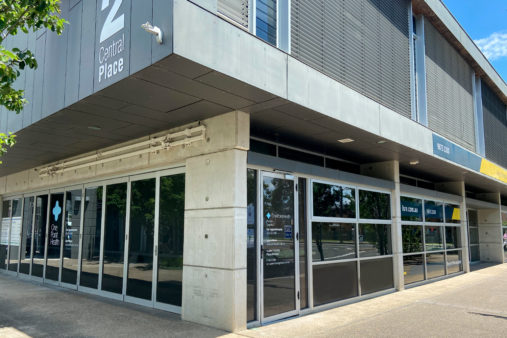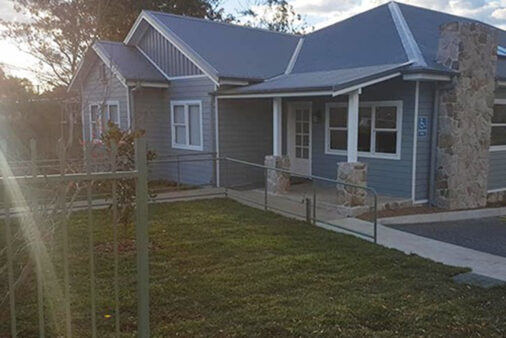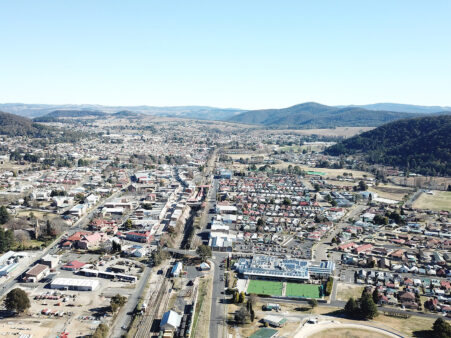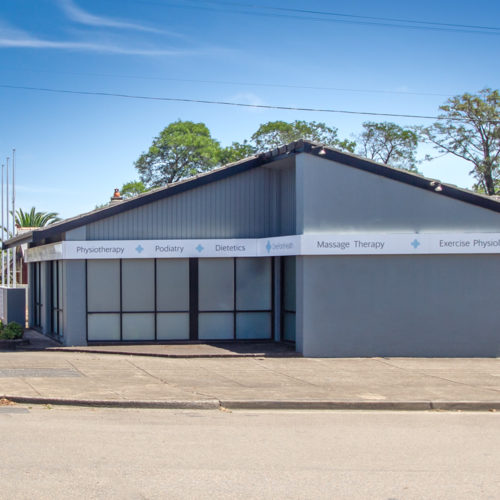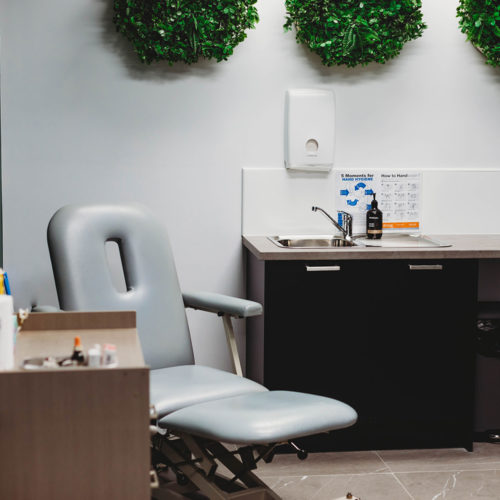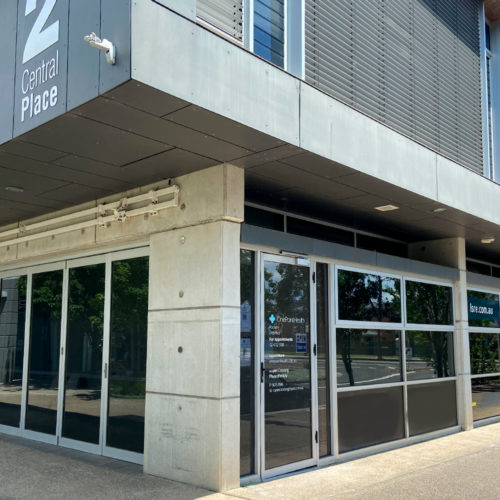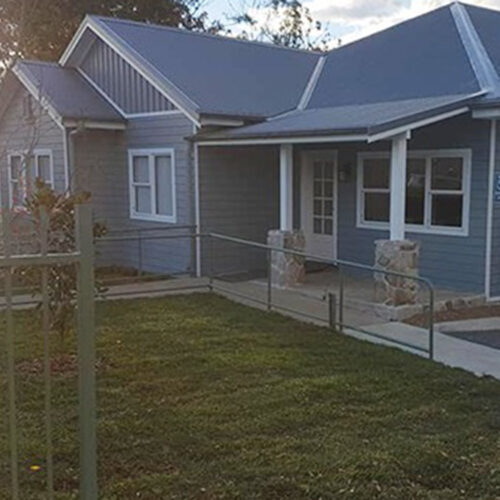Does your heel feel like it’s being pierced with knives when you take your first morning steps? Are you limping through the day due to unrelenting heel and arch soreness? You may be dealing with plantar fasciitis. At OnePointHealth, our experienced podiatrists provide comprehensive treatment to ease your pain and get you moving comfortably again.
What is Plantar Fasciitis?
Plantar fasciitis refers to inflammation of the plantar fascia – the thick band of tissue that runs along the bottom of your foot from the heel to the toes. When this connective tissue becomes irritated and inflamed, it causes stabbing heel pain.
The pain is often worse when getting out of bed in the morning or standing up after long periods of sitting. The first few steps cause intense heel pain that gradually eases as you walk. However, discomfort can persist throughout the day.
If left untreated, plantar fasciitis can lead to chronic heel pain, limping, and other complications. Getting an accurate diagnosis and prompt treatment provides lasting relief. Our team takes a comprehensive approach to care that reduces inflammation and heals irritated tissue.
What Causes Plantar Fasciitis?
Common causes of plantar fasciitis include:
- Overuse injuries – Repeated microtears and tension from excessive exercise, running, or long hours on your feet strain the plantar fascia over time.
- Foot structure – High arches or flat feet can put added tension on the plantar fascia and contribute to inflammation.
- Obesity – Excess weight places more pressure on the plantar fascia with every step, leading to strain and irritation.
- Tight calf muscles – Short, tight calf muscles cause reduced ankle flexibility. This extra tension then transfers to the plantar fascia.
- Poor footwear – Shoes without adequate arch support or cushioning intensify pressure on the heel and arch area.
Distinguishing Heel Pain
Heel pain has several potential causes beyond plantar fasciitis. Our podiatrists conduct thorough assessments to determine the true source of your discomfort. Other possible culprits include:
- Heel spurs – Calcium deposits that form on the heel bone, causing inflammation.
- Heel stress fractures – Tiny cracks or fissures within the heel bone.
- Arthritis – Inflammation within joints of the foot.
- Bursitis – Irritation of fluid-filled sacs (bursae) around the heel bone.
- Sever’s disease – Irritation where the Achilles tendon meets the heel bone, common in youth.
- Tarsel Tunnel Syndrome – caused by a compression of the posterior tibial nerve.
Pinpointing the cause allows us to develop targeted treatment plans that provide true relief.
Impacts of Untreated Plantar Fasciitis
Without proper treatment, plantar fasciitis can lead to:
- Chronic heel pain – Discomfort continues long-term, interfering with work, exercise, and daily life.
- Gait changes – Adopting an abnormal, limping walk to avoid putting pressure on the painful heel.
- Heel spurs – Mineral deposits form along the plantar fascia as it pulls on the heel bone.
- Plantar Fascia Rupture – Although rare, when left untreated, chronic plantar fasciitis can increase the risk of a rupture if you continue putting pressure on the affected foot.
- Nerve pain – Inflammation spreads to the surrounding nerves, causing burning or tingling.
Don’t let heel pain take over your life. Our podiatrists provide prompt relief.
Our Plan for Relieving Plantar Fasciitis
We develop holistic treatment plans that incorporate multiple approaches tailored to your case, including:
Rest and Activity Modification
Temporary rest and activity modification takes the pressure off the irritated plantar fascia so it can start healing. We’ll have you limit activities like long periods of standing or walking that aggravate your heel pain. For avid runners or athletes, we suggest temporarily switching to lower-impact activities like swimming or cycling to allow the inflammation to calm down. We’ll collaborate with you to determine sensible changes to your routine. The goal is to find a level of activity that avoids further irritation while keeping you as active as possible.
Arch Supports and Orthotics
Custom-made orthotics provide arch support and cushioning that reduces strain on the plantar fascia. Redistributing pressure away from the heel and arch enables the tissue to heal. We take 3D images of your feet to have orthotics fabricated specifically for you if needed. Anti-inflammatory pads placed directly under the heel also help decrease irritation and pain. Proper arch support is key to providing long-term relief.
Calf and Foot Stretching
Tight calf muscles and plantar fascia contribute to the development of plantar fasciitis. Our podiatrists will demonstrate targeted stretching techniques to increase flexibility in these areas. Gentle stretches for the calves, Achilles tendon, and bottom of the foot improve the range of motion and blood flow. Stretches should be held for a minimum 30 seconds and repeated several times per day for greater results. We provide printed stretch guides to help you maintain a regular routine which can easily be incorporated into your lifestyle.
Night Splints
Wearing a night splint while sleeping gently stretches the plantar fascia and Achilles tendon to ease morning pain. The splint holds the ankle in a slightly flexed position overnight. This prevents the plantar fascia from tightening up and reduces pain when taking those first steps in the morning. We’ll fit you with a custom splint and provide instructions for effective ongoing use.
Physiotherapy
A tailored physiotherapy program helps strengthen the muscles supporting the foot arch and increase flexibility. Your physiotherapist will guide you through exercises to improve mobility in the ankle joint, increase load tolerance and strengthen the intrinsic foot muscles. They can also utilise techniques like ultrasound, ice, and specialised taping methods to reduce inflammation. We’ll collaborate with trusted physiotherapists to get you started on an effective strengthening and stretching protocol.
Extracorporeal Shockwave Therapy
Extracorporeal shockwave therapy uses high-energy sound waves directed at the heel through a handheld device. This helps break up mineral deposits and stimulate healing and regeneration of the plantar fascia. Some latest research indicates it may also help reduce inflammation. Shockwave therapy sessions are done in-office about once a week for several weeks. Most patients experience gradually increasing relief of symptoms.
Cortisone Injections
For patients with severe chronic plantar fasciopathy , cortisone injections may provide relief when other methods have failed. The local anaesthesia is provided to numb the foot which significantly reduces the pain of an injection into the heel. However, frequent or long-term use can weaken tendons. We therefore use injections selectively in patients who have not responded to other treatments.
Surgery
In rare, severe cases, we may recommend minimally invasive procedures to detach a portion of the plantar fascia when conservative treatment approaches have failed. This relieves tension in the tissue and decreases inflammation. Endoscopic plantar fasciotomy is one of the most common options – this involves making a small incision and cutting a section of the plantar fascia. Recovery involves a period of immobilisation and physiotherapy. Surgery carries risks and is not suitable for most patients. But for chronic, debilitating cases it can provide lasting improvements when other measures have been ineffective. A consultation with our foot and ankle specialist can provide you with further information and guidance about surgery for heel pain.
With a combination of treatments customised to your needs, we can decrease your discomfort and get you moving freely again.
Start Healing Today
If you’re limping through life with heel and arch pain, don’t delay treatment. The sooner you begin proper care for plantar fasciitis, the sooner you’ll get relief. Call us today to book a comprehensive assessment. Our experienced podiatrists will evaluate your condition and develop a treatment plan tailored to your needs.
We look forward to partnering with you on your path to pain-free feet!
